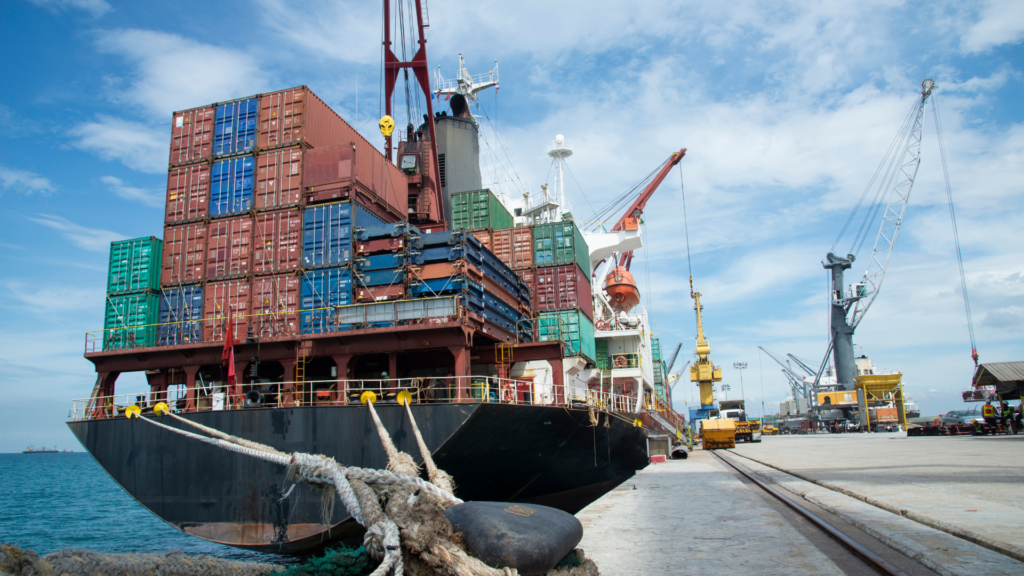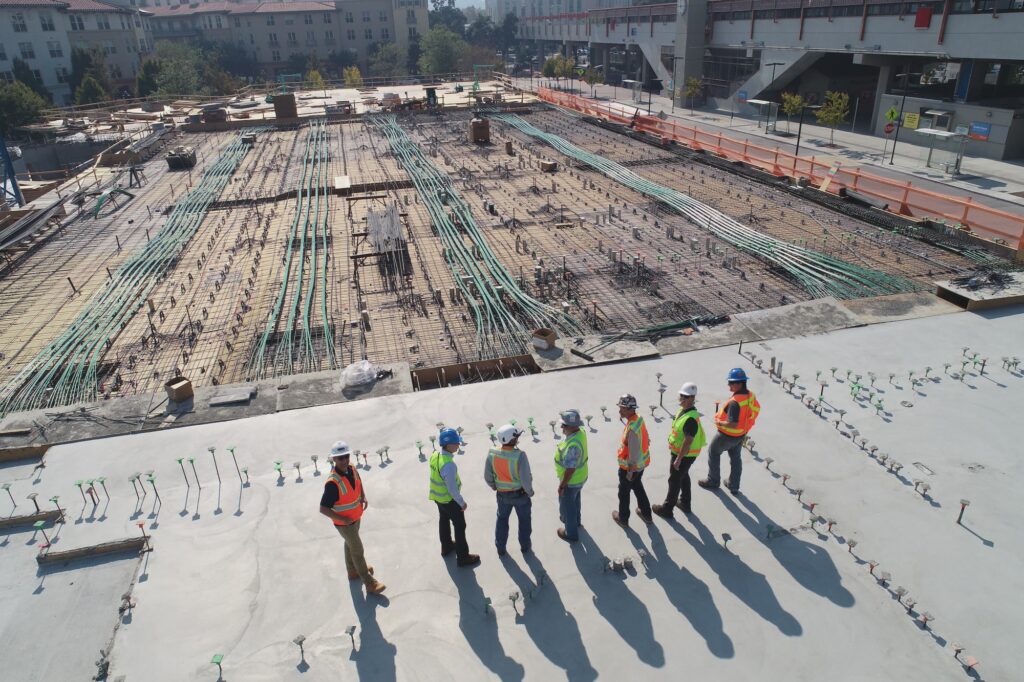The International Safety Equipment Association (ISEA) calls for an immediate exception for personal protective equipment (PPE), safety equipment, and their components from the tariffs imposed on April 2, 2025. These products are essential to protecting the health and safety of America’s workforce and should be recognized as critical to national security and economic strength.
Tariffs Threaten Access to Lifesaving Equipment
ISEA expresses deep concern that the new tariffs imposed by the Trump Administration threaten the availability and affordability of the life-saving PPE and safety equipment relied upon by more than 125 million American workers every day. These workers are the critical engines of the nation’s economic growth—and their safety should not be compromised by policies that raise costs and disrupt supply chains.
PPE Supply Chains Depend on Global Manufacturing
Immediate access to reliable, high-quality PPE and safety equipment is essential to safeguarding the health and safety of the nation’s workforce. A significant portion of the PPE that U.S. workers are required to wear—including gloves, protective eyewear, and more—is manufactured outside the United States. In addition, U.S.-based manufacturers of PPE source critical components from around the world. These tariffs will increase costs, disrupt supply chains, and jeopardize access to high-quality PPE and safety equipment when it is most urgently needed.
Industry Leaders Sound the Alarm
“Workers in nearly every industry in the U.S., from the trenches and tarmacs, fields and factories, highways and byways, to docks and warehouses, require PPE to keep safe on the job,” said Cam Mackey, President & CEO of ISEA. “The high costs of these new tariffs threaten worker safety, and America’s ability to outcompete against other nations as the world’s top economic superpower. These actions will inevitably create shortages, drive up costs, and place the safety of over 125 million American workers at greater risk.
Tariffs Imposed on April 2 Could Cripple U.S. Employers and Safety Infrastructure
The stakes could not be higher. PPE and safety equipment is critical to the safety and productivity of the nation’s workforce and first responders. Employers in industries that rely heavily on PPE and safety equipment to protect workers, including construction, manufacturing, automotive, distribution, and foodservice, already operate with thin margins. The PPE cost increases could threaten the viability of these companies. Given that a vast majority of key protective products are manufactured outside the U.S., there currently is insufficient domestic manufacturing capacity to protect our 125 million American workers, who use PPE and safety equipment. It would take years to develop the domestic manufacturing capacity to meet demand. Meanwhile, domestic manufacturers could also be forced to scale back production or increase prices in response to the increased cost (and reduced availability) of imported components and strained supply chain network.
A Call for Practical, Worker-Centered Policy
ISEA urges the Administration to reconsider how these tariffs imposed on April 2 impact PPE and worker safety. We ask you to work with PPE manufacturers and stakeholders to build a more resilient, accessible, and affordable supply chain for the nation’s workers. Protecting America’s workforce requires practical policies that support—not hinder—the availability of lifesaving equipment.
To learn more about how the worker safety drives economic success, visit safetyequipment.org/InvestInSafety.


